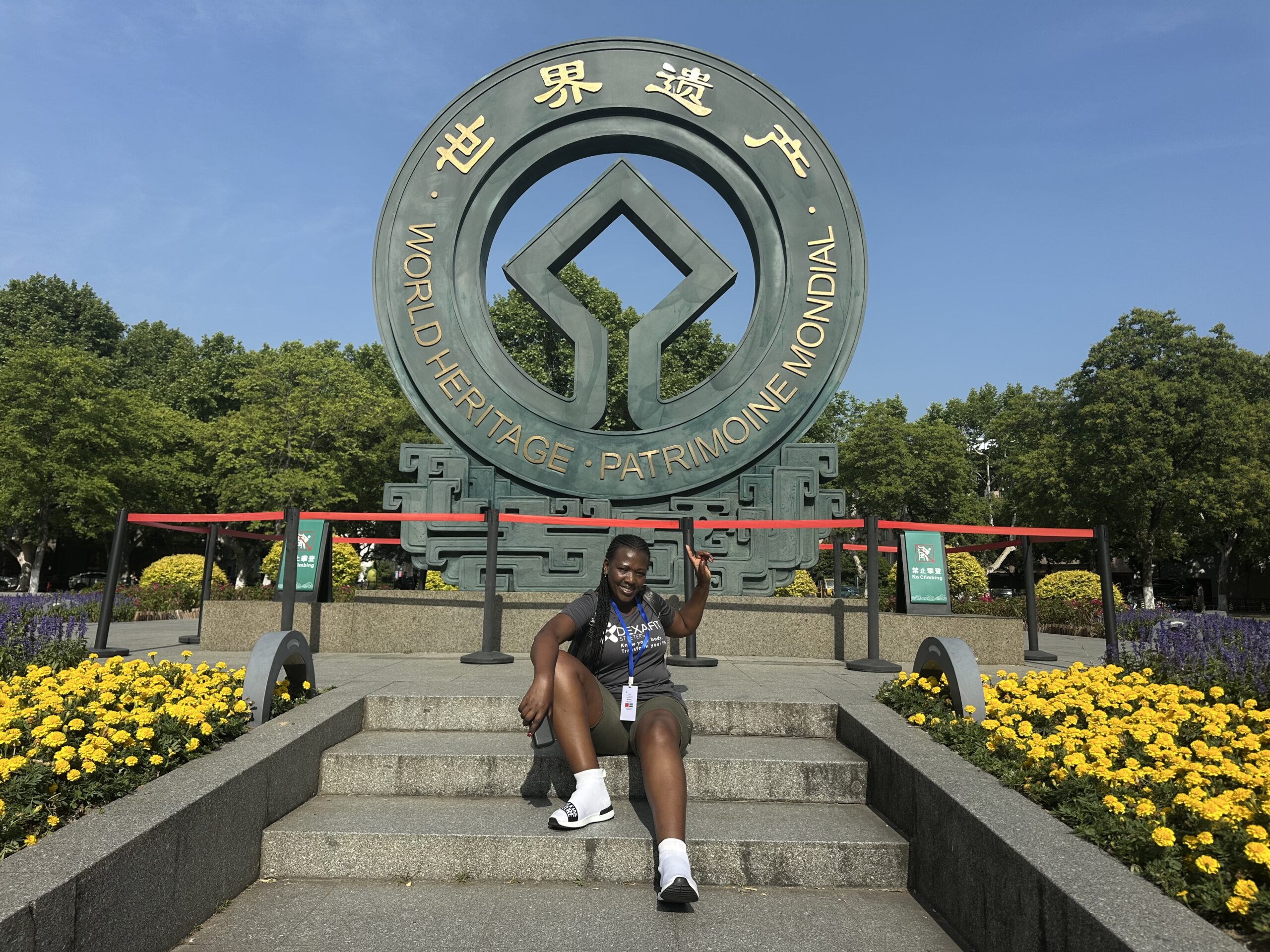Before I set foot in China, I carried a tightly stitched tapestry of assumptions, some drawn from distant headlines, others whispered in everyday conversations. I imagined a country defined by control, opportunism, and cold ambition. I expected impersonality. What I found was something far more complex and human.
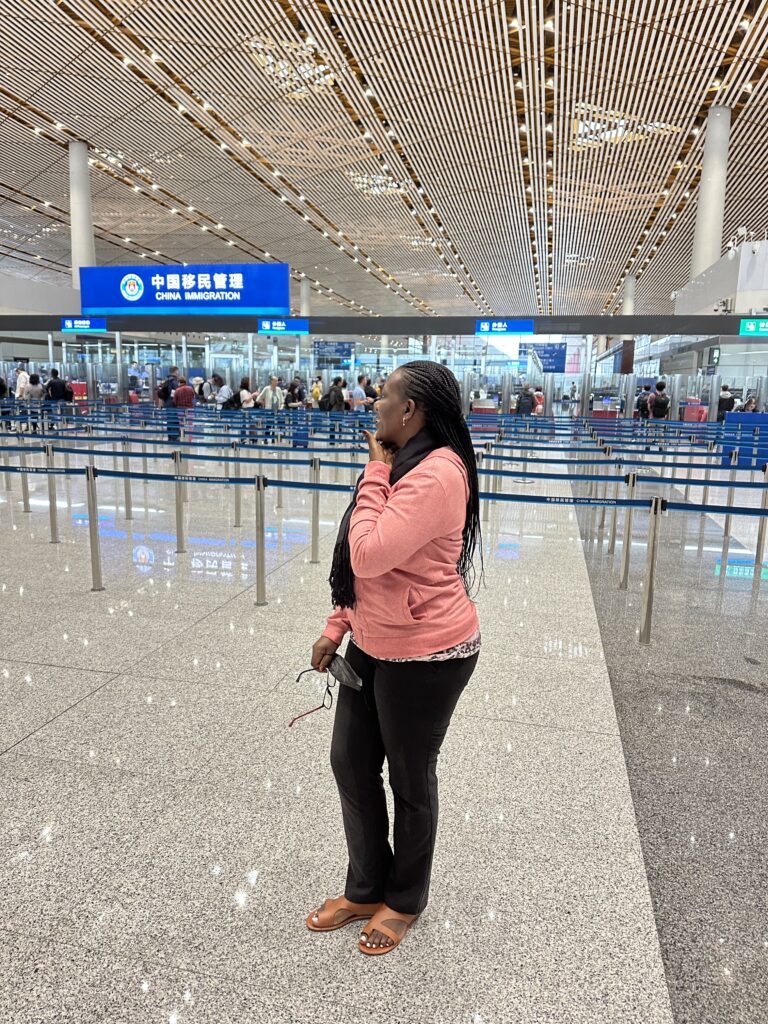
Language Without Words
The first barrier I encountered was language, but it didn’t feel like one for long. In China, I met many people who didn’t speak English, just as I didn’t speak Mandarin. But connection found a way. There were translation apps, calculator negotiations, gestures, scribbled notes, and smiles. A woman in a small shop and I bargained playfully, laughing with every counteroffer typed into her calculator. On the street, strangers didn’t brush me off, they led me to my destination themselves, wordlessly generous.
Nowhere was this spirit more present than at Hangzhou’s West Lake. I stood there, hesitant at the edge of a narrow wooden boat, fearful of water, and unsure of what to do. Life jackets weren’t offered unless there was an emergency. I froze. That’s when an older local woman approached me. She didn’t speak English, and I couldn’t speak Chinese, yet she immediately sensed my discomfort, not with language, but with empathy. Rather than urging me onto the boat, she offered her company. Together we wandered the park, communicating with gestures and expressions, turning the lakeside into a space of shared silence and stories.
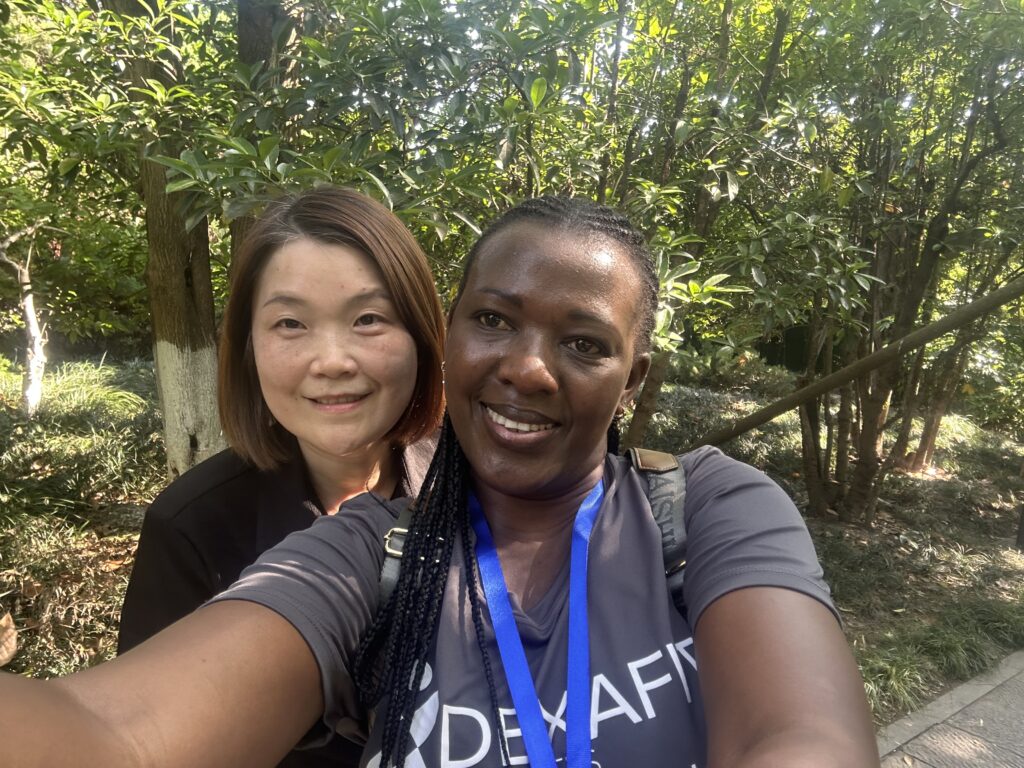
I never learned her name. But I’ll never forget her kindness. She turned a moment of fear into one of quiet transformation.
One of my lecturers, Professor Li, once told me, “In China, you can find good people and bad people, but that’s on a personal level. It doesn’t necessarily represent the whole of China.” That reminder has stayed with me. What I experienced, kindness, generosity, order, and trust, reflects the individuals I met, not the entirety of a vast, complex nation. But it also reminded me how easily we reduce places to stereotypes, especially when we’ve never been there. Headlines are not the full story. Neither are individual anecdotes. But together, they can challenge what we think we know.
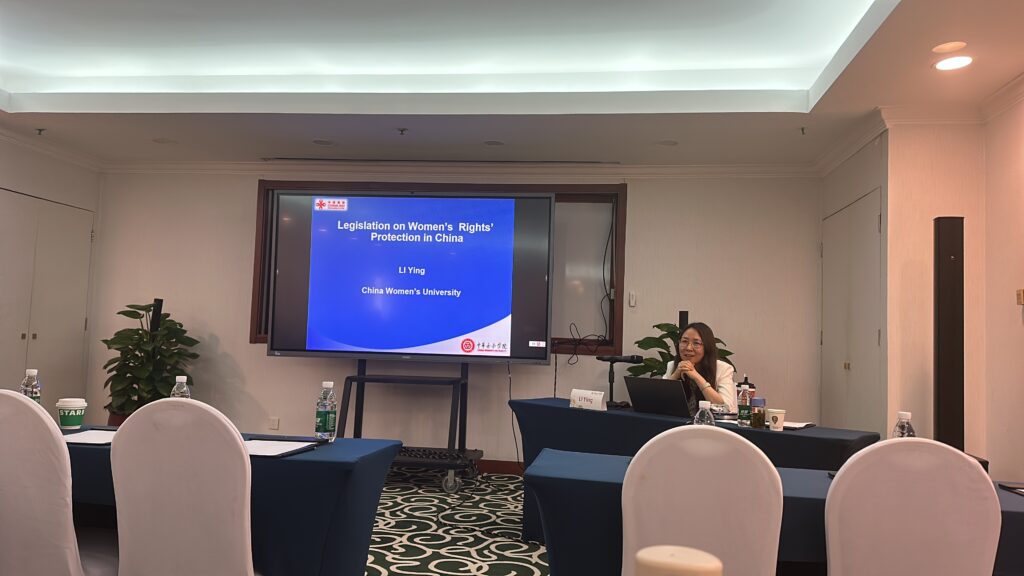
Governance From the Ground Up

Before arriving, I had a simplified image of China’s political system, one-party rule, centralized control, restricted freedoms. In the West, these traits are often portrayed as synonymous with fear and oppression. But on the ground, the experience was different. The system is undoubtedly centralized, but it doesn’t operate as a distant force removed from the people. Instead, I saw a kind of functional pragmatism in motion.
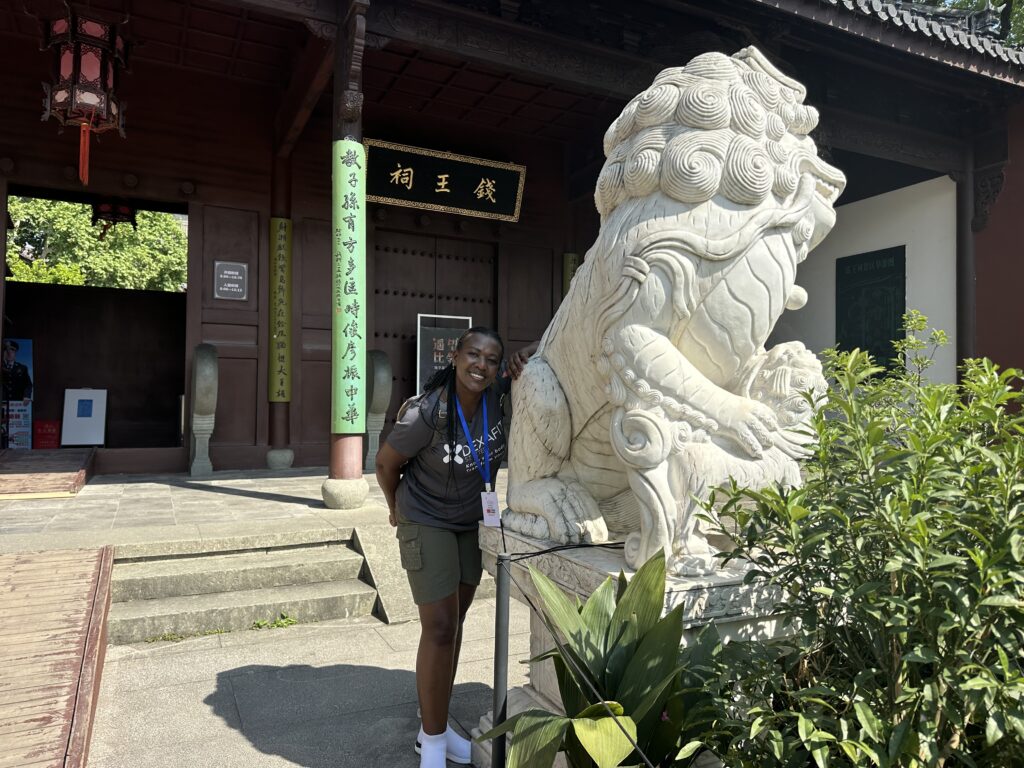
Civil servants, from subway attendants to neighborhood officials, carried out their roles not with bureaucratic detachment, but with a quiet sense of duty. Public infrastructure ran efficiently, cities felt remarkably safe, and basic services were accessible. Locals I spoke with weren’t repeating slogans, they were pointing to results: clean streets, fast trains, economic opportunity, affordable healthcare.
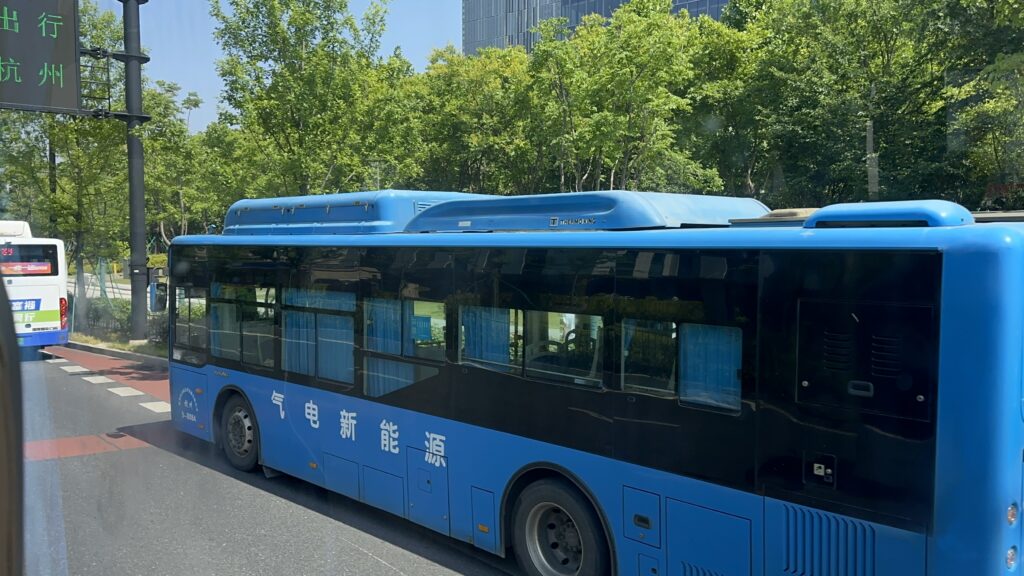
There was trust, but not the blind kind. It was confidence built on outcomes. Many people I met described governance as a collaboration, not a confrontation. The government is expected to perform, and for many, it delivers. It’s not utopia. It’s not universally praised. But it functions in a way that makes sense to the people who live within it.
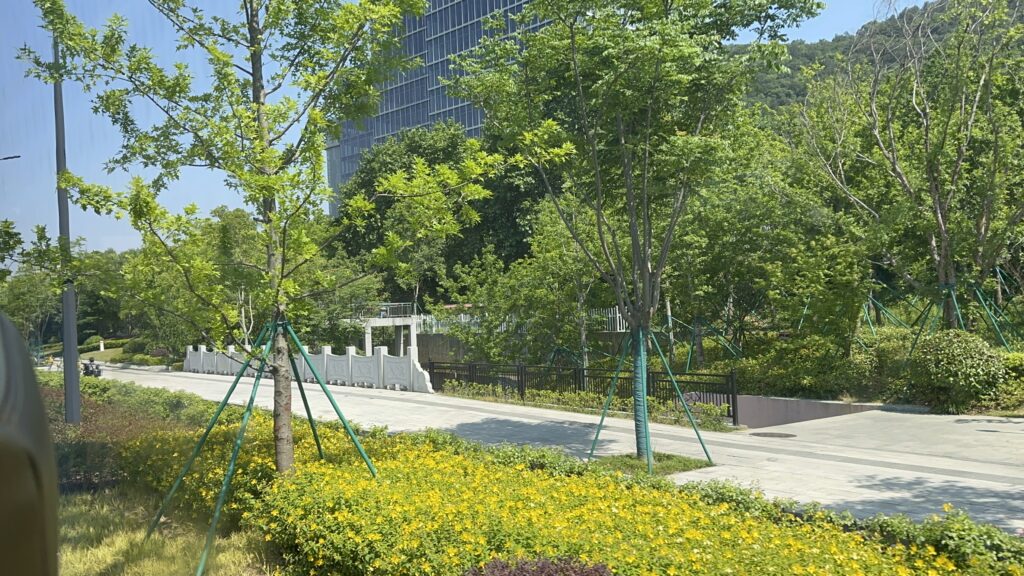
Learning From the Unexpected
Travel often reorders your expectations. I went to China anticipating distance and disconnection. Instead, I found hospitality, sometimes clumsy, sometimes wordless, always sincere. I came looking to decode a rising superpower. I left remembering the quiet strength of individual gestures: the shopkeeper, the woman by the lake, the stranger who chose to walk with me rather than point from afar.
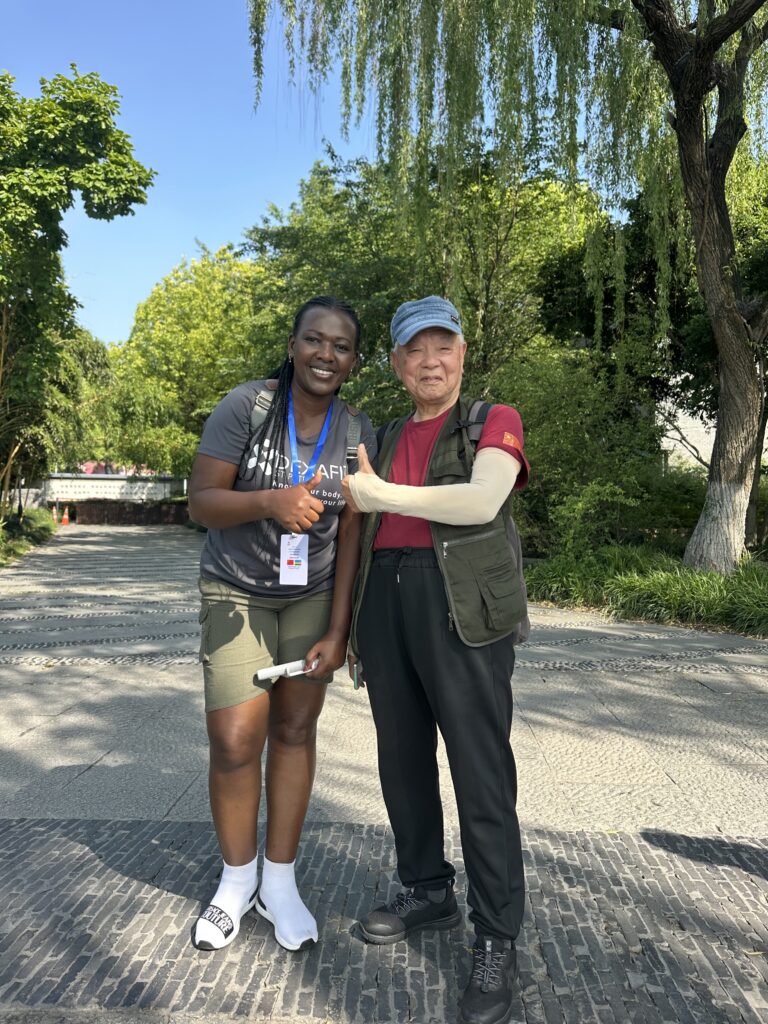
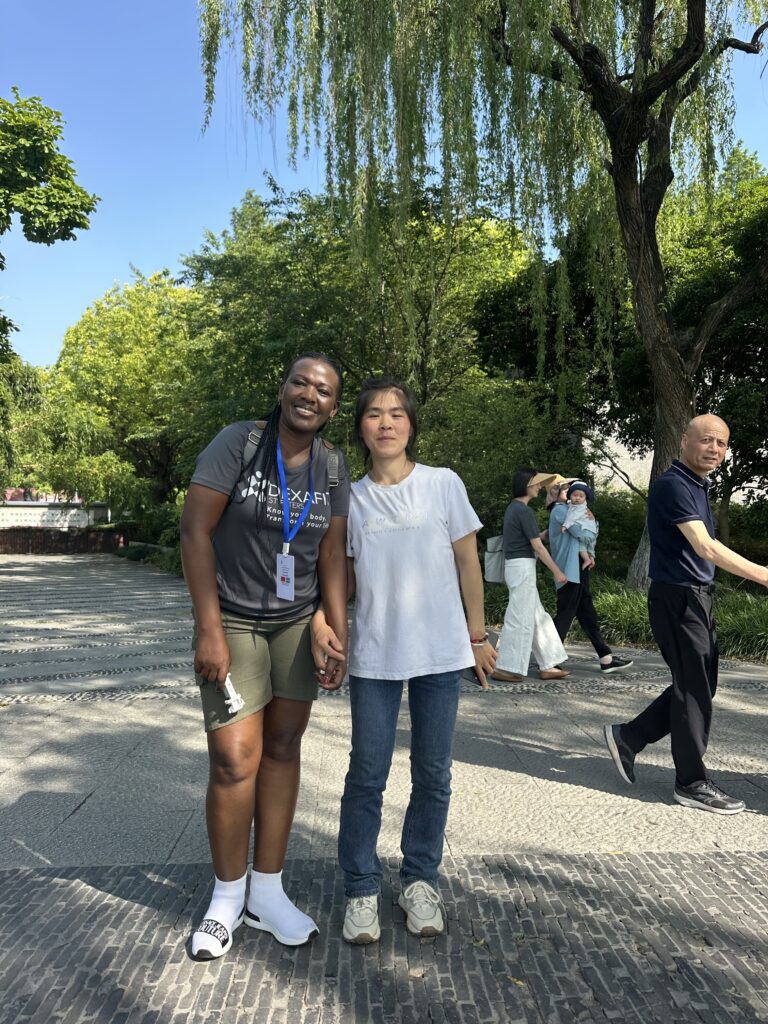
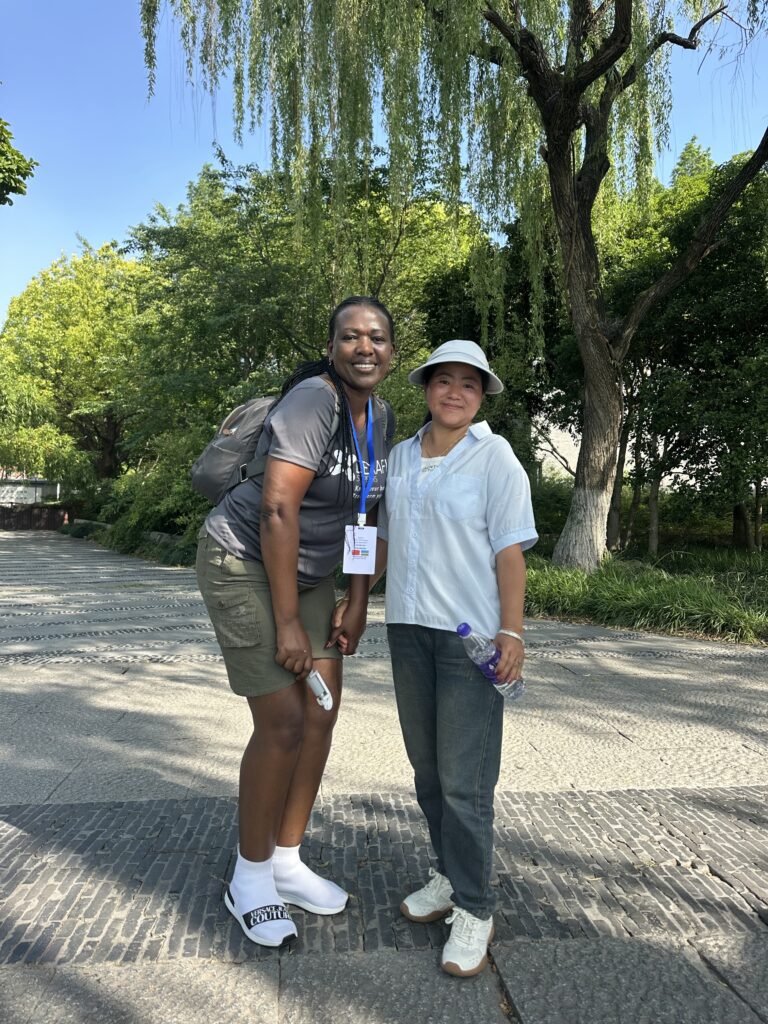
Those aren’t stories that make the headlines. But they’re the stories that made China feel real to me, not as an idea, but as a lived place.
Closing Reflection: China Is Like AI
If someone asked me today what China is like, I’d echo something I said once, half-jokingly: China is like AI, you get what you bring to it.
If you approach it with fear, suspicion, or cynicism, you’ll likely find things that confirm it. But if you go with humility and curiosity, if you’re open to the small human moments, the country unfolds in ways you can’t predict. It’s not a monolith. It’s not simple. But it is deeply human.
The technology helped, yes, translation apps, navigation tools, digital payments. But the real bridge was people; patient, proud, curious people. Just like AI, China reflects what you seek from it. You get what you ask for. The better your question, the richer your answer.


